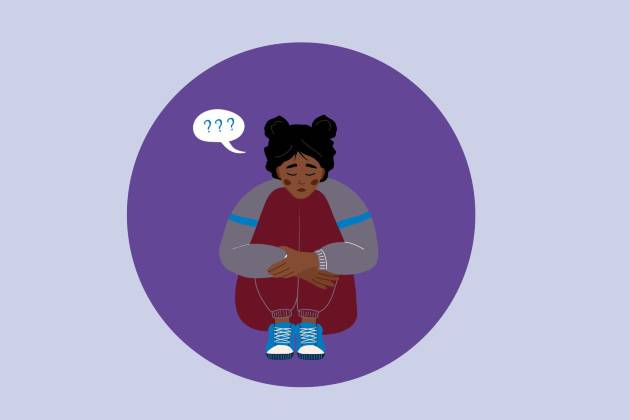News
RCN reiterates call on employers to protect nursing staff during second heat wave
Staff must be allowed to take regular breaks and stay hydrated as temperatures rise.

Connect with us:
With extreme heat once again being seen across parts of the UK, we’re continuing to call on employers to ensure staff wellbeing is prioritised.
While there’s no upper legal limit on workplace temperatures, The Workplace (Health, Safety and Welfare) Regulations 1992 state that the temperature inside buildings should be reasonable during work hours. RCN Head of Health, Safety and Wellbeing Leona Cameron said: “While it may not be hitting 40 degrees this week, employers must do all they can to protect staff and patient health and wellbeing as the temperature rises.
“Nursing staff work through all weather to care for patients, many of whom are vulnerable to the heat.
“It’s important to stay hydrated and as cool as possible – no matter what care setting nursing staff are working in. Community and district nurses who might be on the move with limited access to water, as well as staff working in PPE that can lead to overheating, should take extra precautions to stay hydrated.
“If nurses do not have the time and resources to take care of themselves, the care they can give patients will be impacted. Well ventilated environments, encouraging people to drink water and time to rest and rehydrate are essential in every care setting."
It’s a legal requirement for staff, patients, and relatives to have easy access to drinking water. Where water stations are not readily available, staff should be allowed water bottles on shift.
The RCN also advises that special consideration should be given to staff with increased vulnerabilities such as those who are pregnant, taking certain medications, or anyone living with a health condition which may be exacerbated by hot weather. In these situations, individual risk assessments should be considered, and reasonable adjustments made. These could include additional breaks and changes to shift patterns.
It’s important that all staff are aware of the signs of heat stress and dehydration so that they can ensure appropriate and timely help is given.
The RCN has a range of guidance to support and encourage good practice within the workplace. Our Rest, Rehydrate, Refuel resource provides information for staff and managers, whilst our Personal protective equipment (PPE) guide contains advice for members caring for patients with COVID-19.
If you feel that your health and safety is being put at risk, please speak to your local RCN safety rep or contact us for support.











